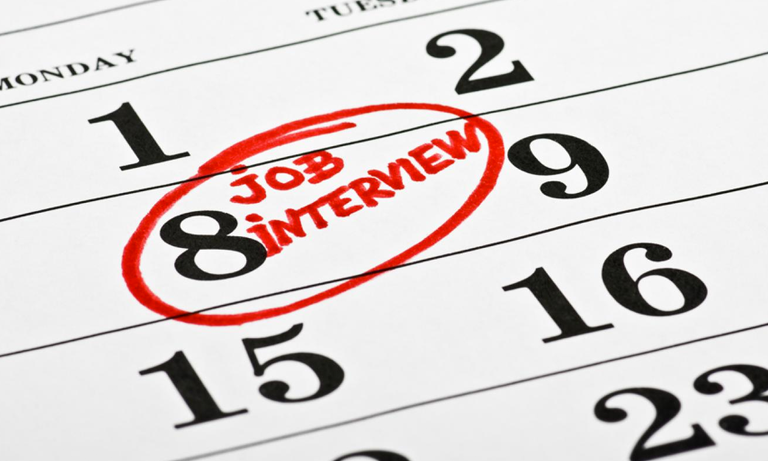 If an employer gets the vibe that you don't care about the outcome of the interview, you really have zero chance of success
If an employer gets the vibe that you don't care about the outcome of the interview, you really have zero chance of successThis may feel like a painfully long time for a nervous candidate; however, the time restriction is actually more imposing on the interviewer, who has very little time to scope out which applicant is going to be right for the job. The interview process has therefore gradually become more streamlined, with a range of standardised questions used to quickly assess the attitude, capabilities and knowledge of a candidate.
Being able to pre-empt and prepare for these questions could be an important advantage for any jobseeker. Here are a few variations of some key questions you might be faced with at your next interview.
Are you capable?
The key thing an employer will want to know is whether a prospective employee has the right skill set to perform the job in question. To assess this, they may ask you technical questions about the role or try to gauge how much experience you have. It is important to draw on your industry knowledge to assure them that you are capable of carrying out the job to a high standard; even better, provide evidence of your achievements in the sector to really sell yourself.
Do you have the right attitude?
Even if you can demonstrate that you have the required skill set for the job, you are unlikely to be successful in an interview unless you demonstrate the correct attitude. Arrogance, disengagement or hostility will not go down well in an interview and it is vital to remain calm, positive and proactive at all times. If you are asked a question that you can’t answer or are pulled up on a weakness, approach it with a calm attitude and an assurance that you are willing to learn and improve.
Are you a good cultural fit?
It is safe to assume that your prospective employer will be trying to read between the lines and assess whether your personality will fit into the company throughout your interview. Will you get on with your colleagues? Will you cooperate with their values, ethics and work practices?
There is little you can do to persuade them of this; therefore, it is best to be yourself and let your natural personality shine through. If you are unsuccessful based on this alone, the job was probably not right for you.
Are you knowledgeable about the company?
The interviewer will undoubtedly ask you about the nature of the role and the company in general and it is important that you can demonstrate a good understanding of the company’s core aims and objectives. This sort of information is easily found online; therefore, do your research beforehand if you want to appear committed to helping the company’s progression.
Are you serious about the job?
If an employer gets the vibe that you don’t care about the outcome of the interview, you really have zero chance of success. You need to convince them that this is an opportunity you are passionate about and not simply a stopgap. Arrive smartly dressed and on time; in addition, it is useful to have some questions prepared to show that you have thought about the vacancy and the future possibilities.
Join Over 40,000 Recruiters. Get our latest articles weekly, all FREE – SEND ME ARTICLES
Recruiters love this COMPLETE set of Accredited Recruitment & HR Training – View Training Brochure








